About CenterPointe Campus For Hope
CenterPointe Campus for Hope provides substance abuse and co-occurring mental health treatment for adults 19 and older. You’ll find ’em located not too far away from the metro area in Omaha, Nebraska. They offer programs for the surrounding counties.
When you sign up, you’ll be able to enroll in residential or outpatient programs. The typical length of stay for residential treatment is 4-6 months, but those with less acute symptoms might stay as few as 45 days. Their co-occurring services help you recognize how mental health conditions and substance abuse work in tandem.
Their services include case management support to connect you to outside agencies or resources for ongoing recovery. Care managers can help you out with housing, healthcare, clothing, and food. Services are also available for those who’re homeless.
You’ll have peer support from those who have been in recovery and understand what it takes to become sober and re-enter the community. Your peers can always be there with a sympathetic shoulder to lean on during hard times, even after you wrap up the program.
They provide nutritional services that ensure guests have meals to fuel ’em throughout their stay. Malnutrition is often linked with addiction, so CenterPointe makes nutrition a priority. You’ll feel healthier, and the food tips you learn can lead to a life-long change in your diet for the better.
You won’t get bored while recovering. They have recreational therapy to keep you engaged and active during treatment. This service combines various activities to address the mental, physical, and emotional aspects of healing.
CenterPointe accepts donations for their Winter Essentials Drive. This event helps provide warm clothes and sleeping bags for those in need ’em. They also have a free Narcan vending machine in nearby Lincoln, which was the first one set up in Nebraska.
Addiction Treatment Programs
Dual Diagnosis
When you have a dual diagnosis, you have mental health and substance use concerns. It’s important to choose a rehab in Nebraska that can treat both. A dual diagnosis program uses evidence-based approaches to help you overcome both your mental health concerns and substance use. This may include mental health medication, counseling, and more.
Drug Rehab
Drug rehab in Nebraska can give you the tools and skills you need to reclaim your life and achieve long-term recovery. Drug rehab may include detox, inpatient treatment, and/or outpatient care. You’ll learn the roots of addiction and learn how to build a substance-free life.
Therapies
Recreational Therapy
When you’re struggling with addiction in Nebraska, nontraditional approaches can help you heal. Recreational therapy, which uses group games and activities to build cooperation and communication skills, is one example. During treatment, the recreational therapist will have specific activities and games that will challenge you, require teamwork, and allow you to build confidence in your ability to succeed.
Individual Therapy
Individual therapy in Nebraska is led by a professional therapist who talks to you about your specific experiences and emotions. Individual therapy is a normal part of evidence-based treatment programs, and may be a part of inpatient treatment, outpatient care, or both. Topics include processing past events that may have contributed to substance use, learning new life skills, and relapse prevention strategies.
Group Therapy
During group therapy in Nebraska, clients have a safe environment to share their struggles with others going through similar issues. Group therapy sessions generally last 60 to 90 minutes and may include discussing a specific issue, sharing wins and challenges, education about specific topics, or developing life skills.
Family Therapy
During family therapy in Nebraska, clients have a supportive environment to talk with family members about conflict and unhealthy behaviors that may trigger substance use. Family therapy is only one element of rehab treatment, along with activities, peer support, individual and group counseling, relapse prevention, and more. Together, all these methods support you in establishing long-term recovery.
Accreditations
Location
Contact CenterPointe Campus For Hope
Top Drug Rehab Centers in Nebraska
-
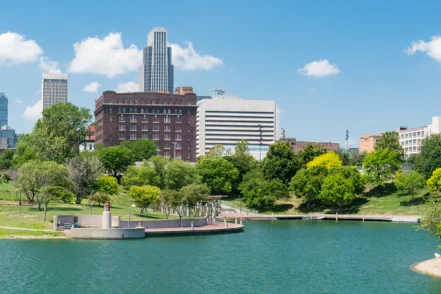 Nebraska
NebraskaValley Hope of Omaha
7703 Serum Avenue Omaha, Nebraska 68127
-
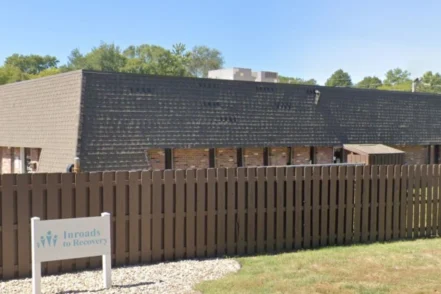 Nebraska
NebraskaInroads to Recovery
2808 N 75Th St Omaha, Nebraska 68134
-
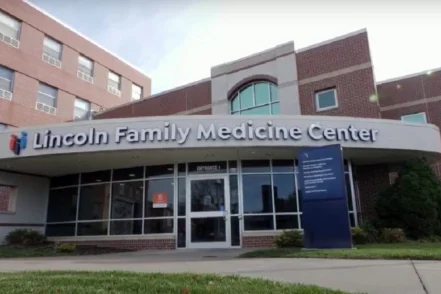 Nebraska
NebraskaLincoln Behavioral Health Center Valley Road
4600 Valley Road, Suite 200 Lincoln, Nebraska 68510
-
 Nebraska
NebraskaCenterPointe Campus For Hope
1490 North 16th Street Omaha, Nebraska 68102
-
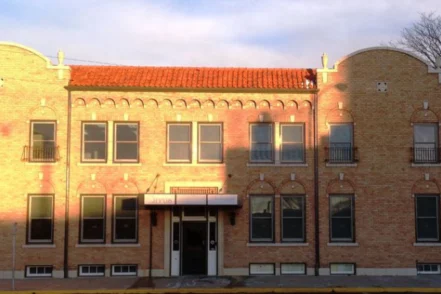 Nebraska
NebraskaCirrus House Inc
1509 1st Avenue Scottsbluff, Nebraska 69361
-
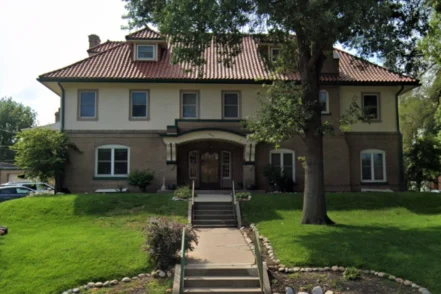 Nebraska
NebraskaArch Halfway House South 37th Street
604 South 37th Street Omaha, Nebraska 68105
-
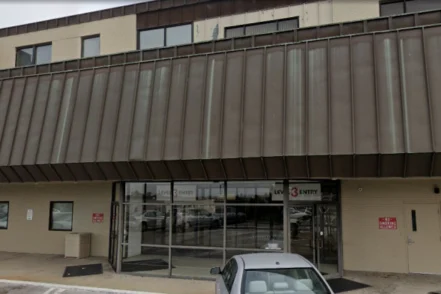 Nebraska
NebraskaBaart Programs
1941 South 42Nd Street, Suite 210 Omaha, Nebraska 68105
-
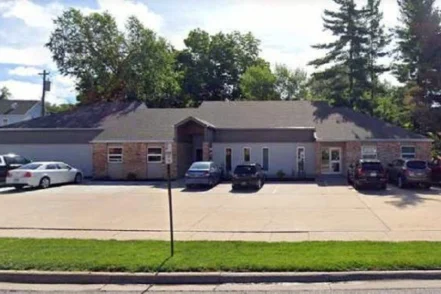 Nebraska
NebraskaHouses of Hope
1124 North Cotner Boulevard Lincoln, Nebraska 68505
-
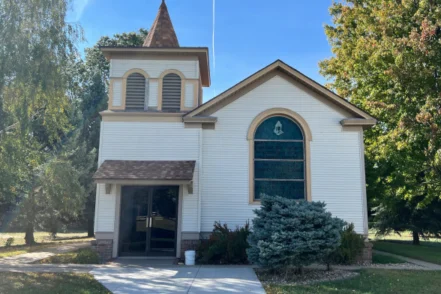 Nebraska
NebraskaValley Hope of ONeill
1421 North 10Th Street ONeill, Nebraska 68763
-
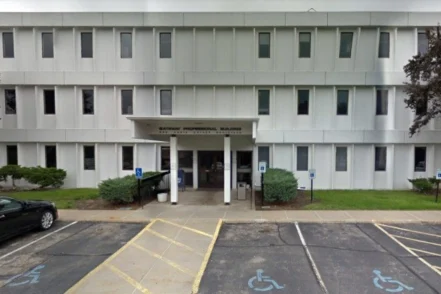 Nebraska
NebraskaAssociates in Counseling and Treatment
600 North Cotner Blvd., Suite 119 Lincoln, Nebraska 68505
